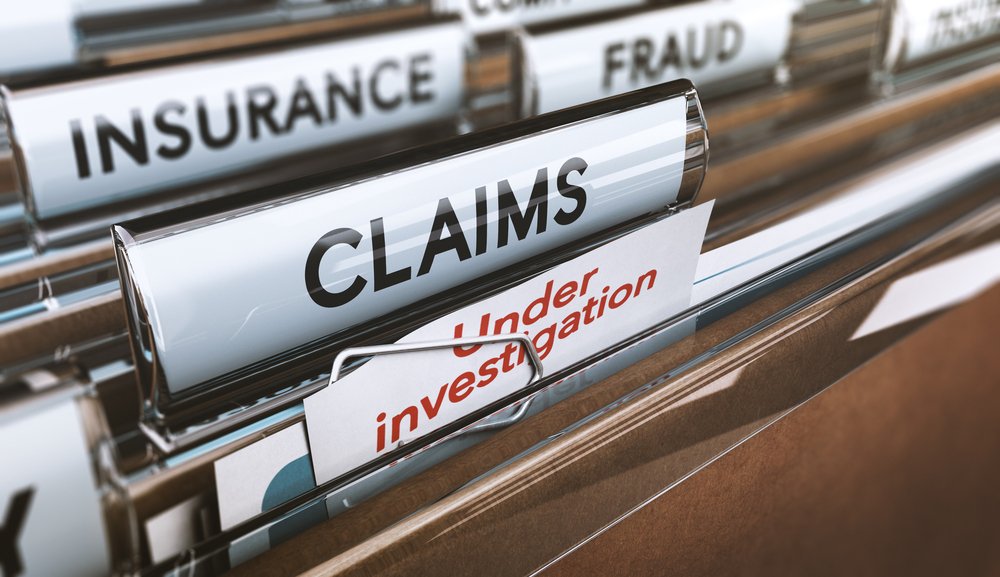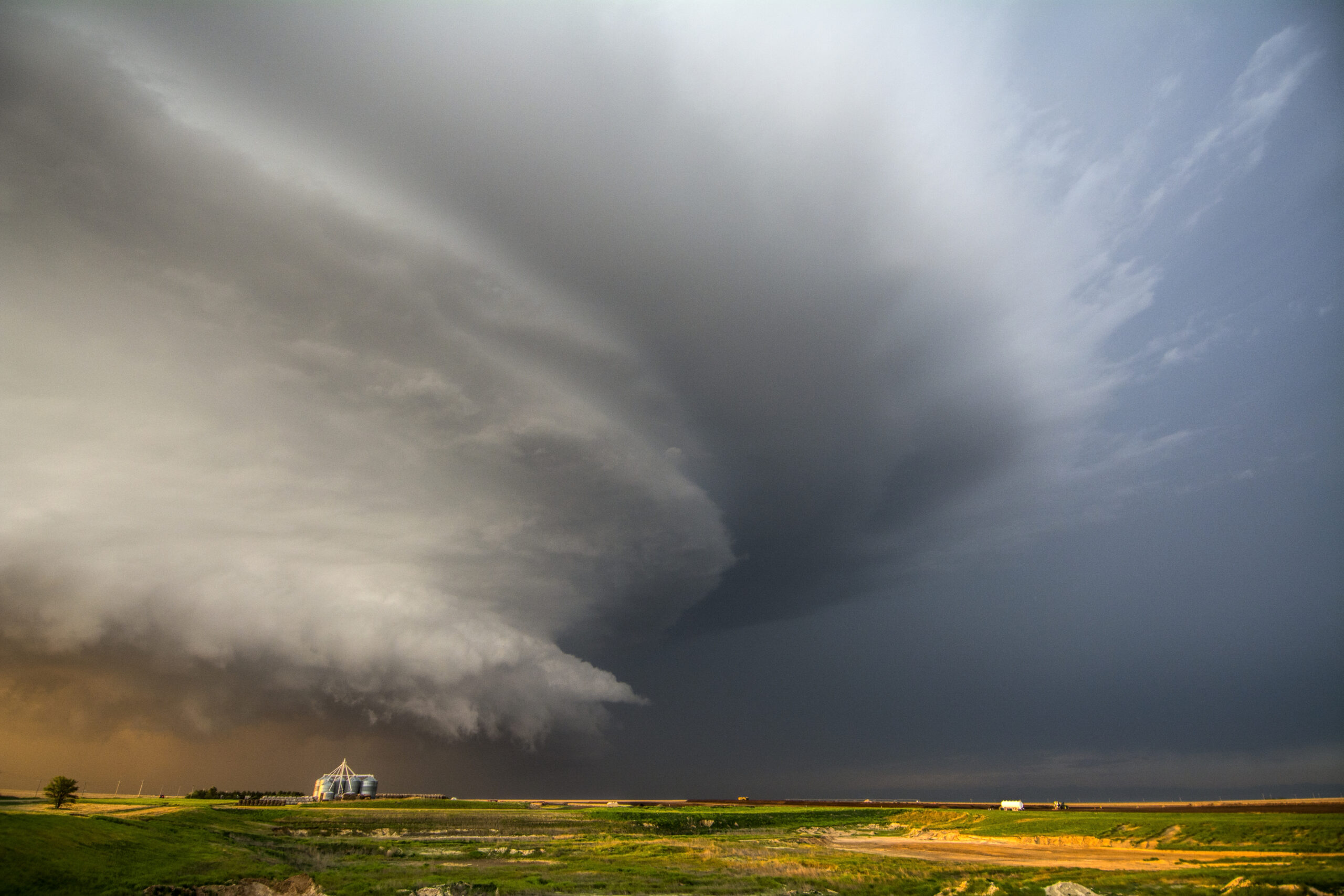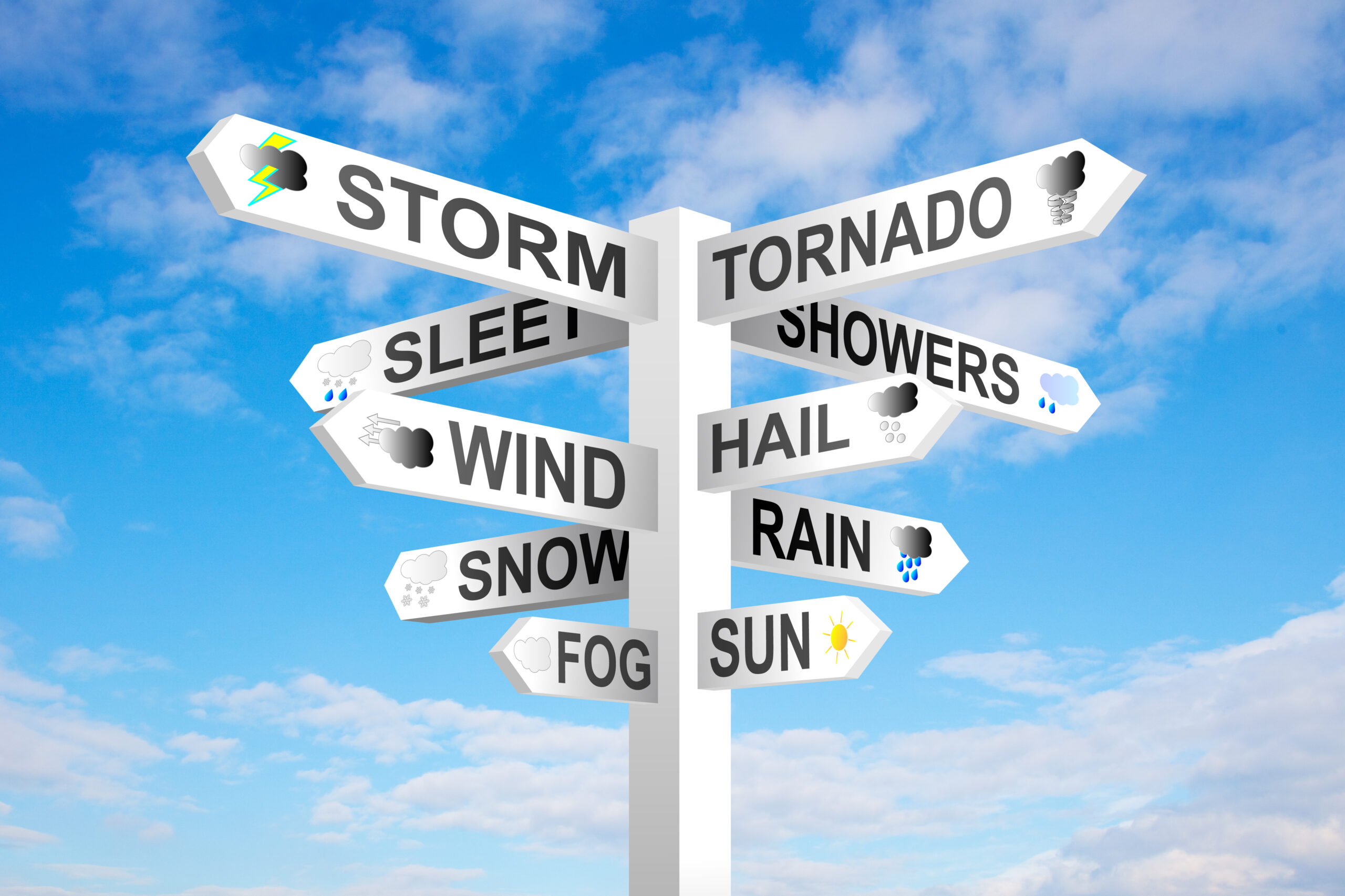Florida, Texas, Iowa, Missouri, and Oregon are just a few of the states that have recently passed new legislation with the goal of expanding UPPA (unlicensed practice of Public Adjusting) and increasing penalties for those who violate it. The biggest changes contractors, Public Adjusters, lawyers and other third-party companies will face with these new laws is the interpretation of what a “public adjuster” is and the role a person has in a claim without proper certifications.
Public Adjuster By Definition
A public adjuster is a claims adjuster that acts on behalf of a policyholder in appraising and negotiating a first party insurance claim. Roles of a public adjuster often include assessing property damage, creating an estimate for repairs, reviewing insurance policy, determining coverages, and documenting a claim.
In almost every state, UPPA laws exist to prevent roofing contractors from doing anything except preparing an estimate for the damage. However, several states including FL, TX and OR have passed new laws that effectively prevent anyone from assisting a policyholder with their claim, unless they have a valid public adjuster’s license.
Learn about the changes in Texas here.
Learn about the changes in FL here.
Read how OR is expanding UPPA to insurance claims outside of roofing and restoration here.
Read state laws in IA, GA, MO which state “any person” who acts on behalf of a consumer in regards to an insurance claim is violating UPPA laws here.
How Contractors Will Be Affected
It’s critical for contractors – regardless of trade – to stay compliant with state laws and policies to avoid violating UPPA. Now’s the time to review your sales/marketing processes to ensure your door knockers are NOT inspecting damage or starting claims for customers.
In addition, contractors utilizing third parties like Public Adjusters, to help their customers get accurate claim payment need to be aware of how UPPA violations within those organizations can prevent claims from being paid.
For contractors unknowingly using third parties that violate UPPA put themselves at risk. Insurance companies love to use the UPPA argument to tie up claims in court, and worse, not paying them.
How To Protect Yourself & Roofing Company
Roofing contractors often need help from experts to claims to ensure fair and accurate claim payment. With the recent changes in states like FL, roofing contractors will need to use a PA or property damage attorney on every large loss claim. Third party claim supplement companies are also often used but can create additional challenges. While you may assume that the PA or vendor you’re working with is compliant with state and local laws, it’s better to be safe than sorry and know the following upfront:
- Is the person scoping the loss/assessing damage qualified to do so?
- Is the person documenting/starting a claim qualified to do so?
- Is the person working the claim qualified and licensed to discuss the policy or negotiate the claim for a higher settlement?
Key Takeaways
It’s critical for contractors – regardless of trade – to stay compliant with state laws and policies. Ensure you have someone on staff keeping an eye out for new laws, litigation, and implement changes ASAP.
C3 Group does not subscribe to provisions that create bad law for consumers -OR- contractors while offering additional ways for carriers to shield themselves from the responsibility of paying claims. The bottom line is that many times, carriers will conflate data to flip the narrative to a ruse of ‘consumer protection’ or fabricate a ‘crises narrative’ in an effort to give them more leverage against the people that they negotiate against.
Also, the definition of UPPA is still very unclear due to bad definitions and inconsistent applications. This attempt to limit the efficacy of AOBs is yet another attempt by the carriers to do one thing: Have more leverage to deny and underpay claims without recourse. Let’s not kid ourselves. This has very little to do with consumer protection and it’s unfair to contractors who are underpaid.
Also, premium rate increases are conspicuously secured by carriers after two of the largest hurricanes in FL history, after a LONG period of no major storms in the Sunshine State. Let’s be realistic about the reasons that rate increases occurred. Just because an AOB is in place and litigation has increased doesn’t mean that removing these protections for contractors will have any real effect on premiums in Florida. Carriers will still underpay and they will still be sued, at the end of the day. It also doesn’t mean that the laws are fair and measured as a way to protect consumers. To that end, this is just another obstacle for contractors that simply want to be paid a fair rate for the work they do after a disaster and one that might be deemed unconstitutional down the road.
But for now, do your best to protect yourselves and use qualified people who are compliant with these new laws, to reduce your overall enterprise risk exposures.
Have questions or need more information? Contact us today or join the conversation on Facebook or LinkedIn.







